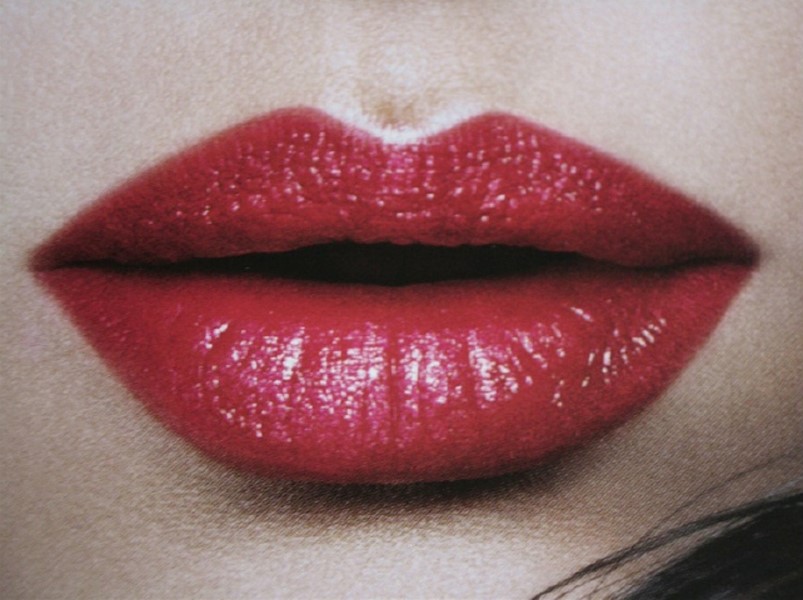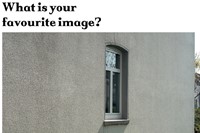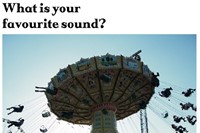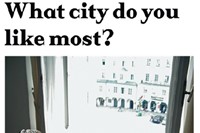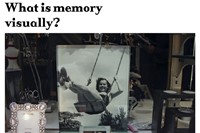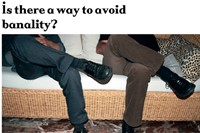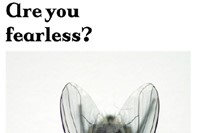As the Serpentine Gallery presents a new comprehensive survey exhibition of artist Hans-Peter Feldmann's work, we look back at the spring/summer 2009 issue of AnOther in which we published a visual interview between Hans Ulrich-Obrist and Feldmann...
In an unusual take on Quotes of Note, we look back at the spring/summer 2009 issue of AnOther in which we published a visual interview between co-director of exhibitions and programmes at the Serpentine Gallery Hans Ulrich-Obrist and German artist Hans-Peter Feldmann. Having always resisted the idea that Obrist record their conversations, after 19 years they came up with a way of publishing their dialogues: Obrist asks a question and Feldmann answers with an image. The excerpt, presented here, is taken from the beginning of an interview made just as they had begun communicating in this new format.
"Spanning a wide breadth of the artist’s career, the Serpentine showcases the very best of Feldmann’s life-long fascination with collecting and his practice as an archivist of visual culture"
Described by Obrist as “one of the greatest and most influential artists of our time,” the two first met in 1989 and started up a correspondence by postcard, then by fax and then email. “These conversations were one of the reasons I became a curator,” explained Obrist, “and he was one of the protagonists of my first exhibition, World Soup, which I curated as a student in my kitchen in Switzerland.” Just over two decades later and the Serpentine Gallery is holding the first exhibition of Feldmann’s work in a public institution in London. Spanning a wide breadth of the artist’s career, the gallery showcases the very best of Feldmann’s life-long fascination with collecting and his practice as an archivist of visual culture: from his early booklets titled Bilder (Pictures) which consist of a collection of photographs of everyday subjects and situations such as women’s knees and views of mountains, to his more recent work for which he purchased a number of ladies’ handbags and filled museological vitrines with the entire contents, and the never before seen Seascapes which consists of a collection of 15 traditional paintings in conventional frames shown as a group.
Obsessed with amassing cultural artefacts (as evidenced in his encyclopaedic library which is printed life-size at the end of one of the gallery’s rooms) there is always an undercurrent of humour and wit running through his works. Beautiful and delicate silhouettes in the gallery’s darkroom are created by rotating kitsch figurines; portraits are given lazy eyes; traditional nudes have tan lines and censorship strips; a series of photographic still lives feature enlarged slices of rye bread; and, on leaving the exhibition, visitors are able to take away an “unlimited edition” print of Queen Elizabeth II as a young girl. Whilst re-presenting everyday banalities in a new and exciting way not only does Feldmann throw up intriguing questions about often overlooked subjects and objects, he also shows us that life doesn’t have to be taken so seriously.
Hans-Peter Feldman runs at the Serpentine Gallery until June 5.
Text by Lucia Davies
